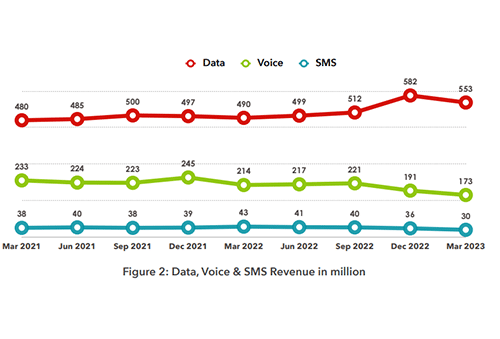The Black Business Leadership Network of Namibia (BBLNN) has reiterated its call for banks to roll out reasonable debt forgiveness to individuals and businesses. The network has called on this flexibility from financial lenders, saying the fallout from a depressed economy is not of their own doing.
In a statement released this week, BBLNN chairperson Eliphas Simon said it appears the Development Bank of Namibia (DBN) “comfortably forgot of the economic downturn and the Covid-19 pandemic, where a state of emergency was declared, forcing many businesses to halt operations as per regulations announced by government”.
“The damage done to the Namibian economy by global events and fluctuations are closing down every black business enterprise. The DBN seems less worried regarding the concerns and issues raised concerning the institution, who according to the bank’s mandate is to facilitate sustainable socio-economic development through the provision of finance to underserved businesses through financial intermediaries,” Simon stressed.
“The BBLNN holds the DBN unapologetically, directly responsible for the death and collapse of many black businesses, enterprises and thousands of job losses as the bank lost track of its mandate when established as a Development Bank of Namibia in 2004,” he added.
The network held a peaceful demonstration at the end of January 2022 in Windhoek, where it visited four government institutions, namely the Office of the Prime Minister, the finance ministry, the Bank of Namibia and the DBN. Besides expressing the concerns of members regarding foreclosures at the hands of the state bank and others, the BBLNN further questioned the mandate of the DBN as a development bank.
Simon cautioned the DBN to reflect on its actions, saying the bank is acting contrary to what it stands for. He noted that the repossessions and auctions of businessowners and entrepreneurs’ properties are real, an anti-development practice and constitutionally flawed.
In response, DBN CEO Martin Inkumbi yesterday refuted the allegations levelled against the bank by the BBLNN.
Responding to the network’s petition, he said the bank has been and remains responsive to the economic challenges faced by entrepreneurs in the country, in line with its legal mandate and strategic business objectives.
“The bank proactively responded to the impact of Covid-19 on the economy, and has implemented measures to alleviate the burden of loan repayments, which included Covid-19 business relief loans to qualifying enterprises, loan restructuring for affected clients, and loan repayment holidays in the tourism and hospitality sector, which have now been extended through June 2022, among others,” listed Inkumbi.
The DBN CEO further stated that as a matter of operational policy, the bank negotiates realistic loan repayment arrangements that suit both the bank and the borrower. This policy is extended to all borrowers who experience business challenges, and is not limited to those affected by Covid-19. The policy, in existence since early in the bank’s operational history, is designed to preserve the development impact of loans.
Affected members of the BBLN have thus been urged to approach the DBN on a case-by-case basis to negotiate possible relief measures.
Inkumbi added that the BBLNN should not allow itself to be used by borrowers who see it as an opportunity to avoid loan repayment responsibilities. He said the bank is seeing some businesses which defaulted years before the term Covid-19 was known and collection efforts were already underway.
“These businesses are now claiming Covid-19 as the problem. The BBLNN should ideally also advocate for good business management practices and accountability on the part of entrepreneurs, and not demand a blanket cessation of loan collection efforts by lenders. Such demands introduce a new risk factor that lenders now have to consider and discount when lending money,” he stated.



